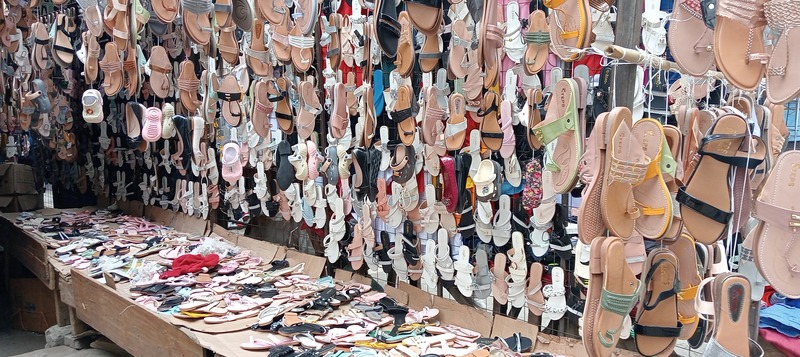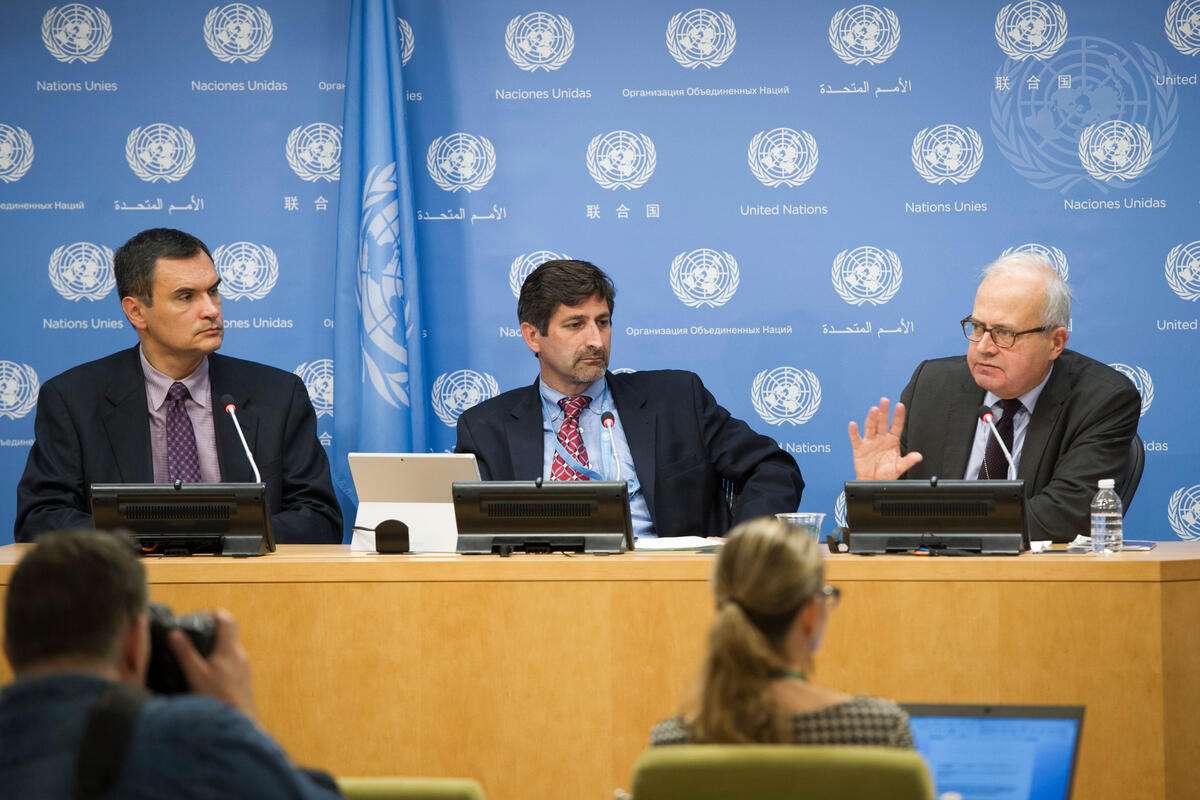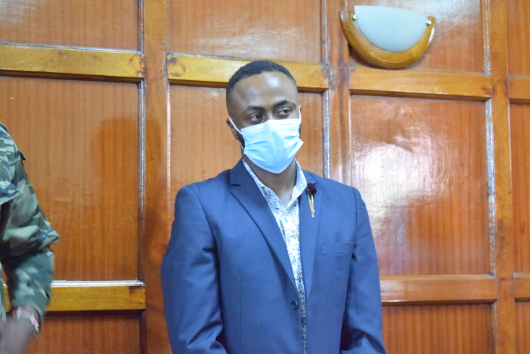How declining sales, tough economic conditions are impacting Eastleigh traders

At Yare Plaza, a mall on Mohamed Yusuf Haji Lane, a shoe seller named Mwangi confirms these challenges.
The constrained disposable income in Kenyan households is impacting the business landscape in Eastleigh, Nairobi’s largest business district.
Along Mohamed Yusuf Haji Lane, traders and support personnel, such as trolley pushers and boda boda riders, are grappling with the tough economic conditions.
More To Read
- Man accused of assaulting sister in Eastleigh surrenders to police for questioning
- Police looking for man who injured sister in brutal attack in Eastleigh
- Police kill suspected phone snatcher in robbery attempt in Nairobi's Eastleigh
- Eastleigh's business sector sees remarkable growth in 2024 with multiple entrants
Many of them have expressed their frustration with how much more challenging business has become compared to the previous year. For instance, trolley pushers, who transport goods across the district, report that finding work has become nearly impossible.
Standing at his usual spot in front of Alami Home Fashions on 12th Street, a trolley pusher who wished to remain anonymous recounts waiting for hours without any work.
“People aren’t shopping as much as they used to. The numbers have drastically decreased, and those who do shop are buying only the basics in small quantities,” he said. “Some buyers we approach to carry their luggage, no matter how small, tell us they can no longer afford the extra cost.”
A visit to a household commodities shop reveals similar concerns. One manager noted that sales this year are significantly lower compared to the previous year.
At Yare Plaza, a mall on Mohamed Yusuf Haji Lane, a shoe seller named Mwangi confirms these challenges.
“Sales aren’t as many as they were in previous years. Customers are hesitant to spend on expensive items, opting for bargains that often result in either lost customers or losses,” Mwangi said. “During these bargaining sprees, we sometimes end up with no sales at all, forcing us to lower our profit margins to stay in business.”
He also mentioned a shift from high-end products to more affordable options, with shoe prices now ranging from Sh350 to Sh500, down from Sh2,000 to Sh2,500. “We’ve had to adjust our inventory to meet the current demands of our customers,” he added.
On the streets, bodaboda riders outside business malls, like James near Esli Restaurant, report similar struggles. James, who works at the Mohamed Yusuf Haji Lane roundabout, says he barely recalls the last successful day in terms of profits.
“I’m currently doing almost half the number of rides I used to, one or two years ago. Those who do ride with us often complain about the increased fares, impacting our chances for future opportunities,” James said. “It’s not our fault to adjust fares due to fluctuating fuel prices. We sympathise with customers, but we have to make a living too.”
Another rider from the same stage recounted arriving at the market at 5 am and having only completed two rides by midday. “This shows how bad things are!”
This local sentiment contrasts with national data. According to the Kenya National Bureau of Statistics, inflation has been decreasing since January, standing at 4.4 per cent as of August. This indicates a decline in the prices of many household commodities, a trend influenced by the end of the Covid-19 pandemic and external geopolitical tensions, such as the Russia-Ukraine war.
However, the World Economic Forum (WEF) notes a persistent gap between improving economic indicators and people's perceptions of the economy.
In its 'Human Development Report,' WEF explains that while overall economic conditions might improve, people’s subjective experiences of economic hardship or feeling left behind can persist.
“Two factors contribute to these trends,” WEF states. “First, some individuals experience real economic hardship even when overall conditions improve. Second, people’s perceptions of insecurity or being left behind can influence their sense of control and trust in others, despite objective indicators improving.”
Negative perceptions about the economy can become entrenched when they align with broader beliefs or grievances, such as opposition to climate action or Covid-19 vaccination efforts.
Top Stories Today
Trending




















